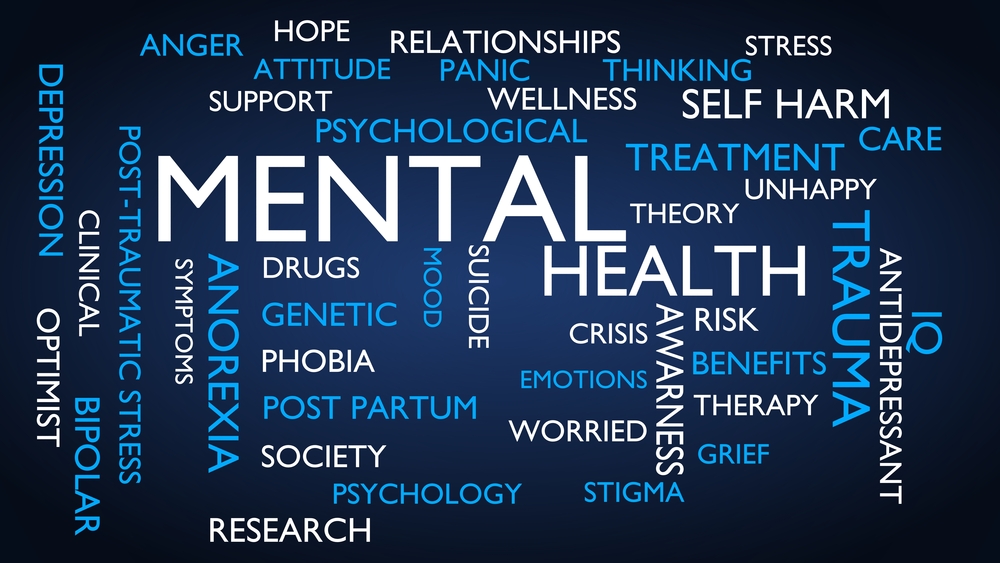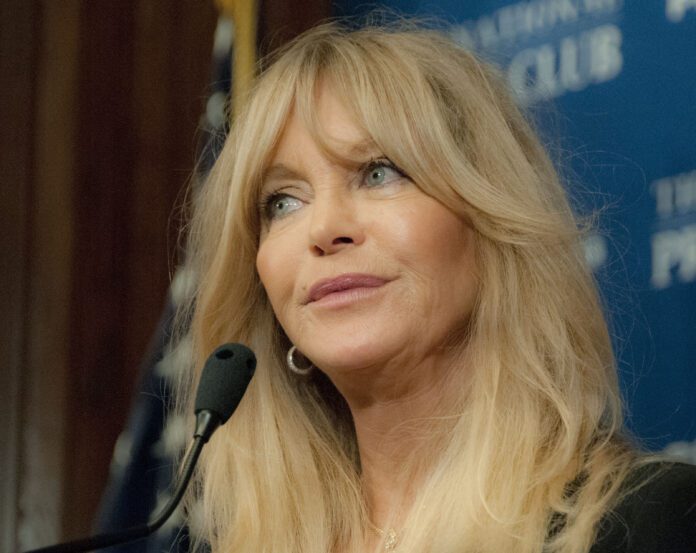During her decades-long television and film career, beloved actress Goldie Hawn has mastered the behaviors of many characters. And, as it turns out, the Academy Award winner’s interest in human behaviors crosses over into her personal life and philanthropic endeavors.
Hawn, now 76, shared that, had she not ventured into acting and producing, she may have explored a psychology profession. Well, nearly two decades ago, she parlayed her curiosity and commitment to understanding behaviors by establishing The Goldie Hawn Foundation. The mission centers on prioritizing mental well-being for one to achieve a happier, healthier, more balanced life at home, school and work. The initial timing of the organization, Hawn revealed, was a call-to-action response to the 9/11 tragedies, in addition to the alarming rise of anxiety, depression and suicide rates among tweens and teens.
“When I began The Goldie Hawn Foundation in 2003, I knew that I had to do something to remedy the stress and anxiety children were experiencing. Every child deserves an equal chance to thrive, and so — together with researchers, scientists and educators — I created the MindUP program,” Hawn outlines on MindUP.org.

What is MindUP?
The not-for-profit says it’s focused on helping children develop the knowledge and tools they need to manage stress, regulate emotions and face the challenges of the 21st century with optimism, resilience and compassion.
There are currently two programs. MindUP for School and Educators rolled out first; then, to further empower youth-serving adults, came MindUP for Parents and Families. Both embody four pillars — neuroscience, social-emotional learning (SEL), positive psychology and mindful awareness — to foster the development of mental fitness and well-being of children, educators and families within educational and home-based settings.
It’s certainly a tall task but the Foundation is generating significant success in the U.S. and abroad. They report that students who experienced the MindUP program, compared to peers who did not, had significant improvements across multiple areas, such as improved attention, stress physiology (as measured by the hormone cortisol), peer ratings of kindness, pro-socialness and peer acceptance, and academics.

Detailed studies are drilling down further on such statistics. For example, a large school district using MindUP in kindergarten classes in Southwestern Ontario, Canada found that students showed:
- a reduction in behavioral problems (measured using ratings of hyperactivity, aggression, depression, attention, atypicality and withdrawal),
- a reduction in externalizing problems (measured using ratings of hyperactivity, aggression and conduct problems),
- a reduction in internalizing problems (measured using ratings of anxiety, depression and somatization),
- an increase in adaptive skills (including measures of adaptability, functional communication, social skills and study skills), and
- a reduction in executive functioning deficits (including measures of ability to initiate, plan/organize, monitor, shift attention and control emotions).
Another evaluation, following program engagement of fifth graders in the Southwestern U.S., found that students showed improvements in:
- inactive (passive) on-task behaviors (for example, listening to the teacher talk, looking at the whiteboard), and
- non-disruptive off-task behaviors (for example, daydreaming, not paying attention).
The children aren’t the only ones benefitting from these preventative programs. According to the Foundation, assessments found that educators who took trauma-informed training and taught MindUP in their classes experienced less burnout and embraced trauma-sensitive attitudes. Plus, compared to their peers without similar training and experience, educators who taught MindUP reported increased levels of personal accomplishment, self-efficacy and self-care.

Preparing for Future Stressors
Many years following the Foundation’s formation, the organization found itself motivated yet again by a real-world event crisis; this time being the COVID-19 pandemic which, of course, uniquely impacted an already concerning global epidemic of childhood aggression, anxiety, depression and suicide. With students, educators and parents facing unprecedented challenges and, therefore, diverse stressors, MindUP continued to serve up solution-based tools.
For instance, MindUP partnered with Insight Timer, the world’s largest free meditation app, to deliver no-cost services for families, including short exercise routines, daily gratitude features and other “brain breaks” demonstrated to improve focus, resiliency, optimism and empathy. The services are available in several different languages.
Thus far, seven million children (and counting) have been taught MindUP in schools around the world with growing interest. Hawn has expressed the belief that the preventative MindUP programs should be in schools right now, rather than utilized as a post-crisis response strategy. That way children, educators, families and the community at large will be better equipped to mindfully navigate stressful circumstances that may come along. To learn more, or to donate to the not-for-profit, visit MindUP.org.






